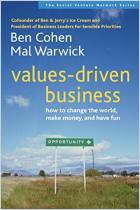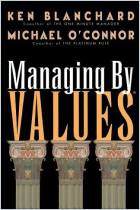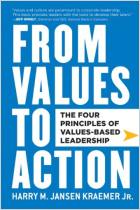Join getAbstract to access the summary!

Join getAbstract to access the summary!
Mark Albion
True to Yourself
Leading a Values-Based Business
Berrett-Koehler, 2006
What's inside?
Can your business mirror your values? It’s not always easy, but you can make money and serve others simultaneously.
Recommendation
Mark Albion explains a very contemporary balancing act: how to run a business based on values and still make a profit. Companies ranging from Starbucks and Ben & Jerry’s to small bakeries and toy makers have prospered while supporting the social concerns of their founders and employees. Building such values-based businesses is not easy. They face the same profit-and-loss problems as other small companies, plus they take on an additional layer of social issues. Albion tells his personal story, buttressed by corporate examples and interviews with 75 owners of values-based businesses. getAbstract suggests this book full of practical advice to anyone who is willing to sign up for the challenge of running a values-based business.
Summary
About the Author
Social entrepreneur Mark Albion has co-founded seven organizations, including an international network of M.B.A.s dedicated to creating a better world. A former Harvard Business School professor, he wrote the bestseller Making a Life, Making a Living.























Comment on this summary